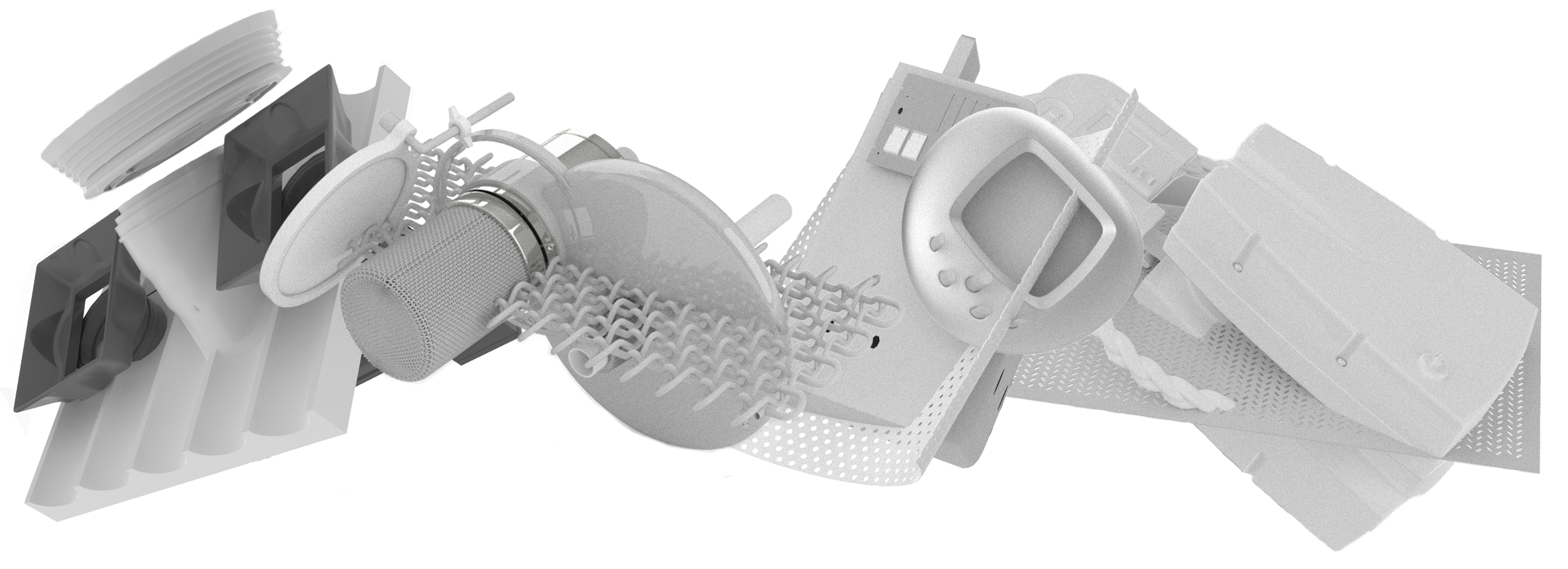Pedro Ángeles, Isabel Bordes, Ana Lucía Macías Chiu, Damián Cabrera
Moderator: Guillermo García Pérez
Digital collections are living operational structures. Starting with this idea, and with questions about how to preserve them and why, the panel participants will reflect on the role of digital repositories in the construction of memory.
The intention of this conversation is to argue that digital archives do not just preserve content, but can be creative platforms in themselves. By precipitating artistic expressions, these spaces can provide a political encounter in which societies come to recognize themselves.

Pedro Meyer is an internationally renowned photographer whose work has passed through all possible technologies, especially digital formats. This talk covers three of his projects: I Take Pictures to Remember, his portal Zone Zero and his archival digitalization project and database Heresies, with which he celebrated half a century of artistic production. Digitality lies at the core of Pedro Meyer’s production, as well as derivations that have to do with its relevance and permanence, and therefore its future implications.

Starting with the mantras of digital preservation, Isabel Bordes presents a global vision of the digital collections to be preserved at the Museo Nacional Centro de Arte Reina Sofía, as well as a brief summary of the advances, lacunae, procedures and roadmaps followed to date, and of the paths that are just opening up. Paths that are worth following step by step, without pausing before the infinite possibilities, always holding space for reflection, analysis and revision. As the painter Apelles (352 B.C.E.) said, “Nulla dies sine línea,” not a single day without tracing a line, even if it be digital.

This talk will present reflections from the interdisciplinary team of the Instituto Tecnológico de Monterrey and Higher Education’s National Department of Cultural Heritage, which works on the digital preservation of the heritage collections at four campuses of the institution (Mexico State, Mexico City, Zacatecas and Monterrey). Besides Ana Lucía Macías Chiu, the video that forms part of this presentation also includes participation from Lizette Zaldívar Larrañaga, leader of the Artistic Heritage department; Mabel Mauricio Escalante, coordinator of the Historic Archive of the Real Caja de Zacatecas; Rafael García González, a specialist at the Documentary Heritage department; and Marcela Beltrán Bravo, director of Special Collections.

Por confirmar
Guillermo García Pérez is an editor, essayist, communicator and artist with an over 15-year career, including a series of projects centered on a political reading of the present through aesthetics and theory. He is also the academic curator of Expanded Campus, the academic program of the University Museum of Contemporary Art, and, with Nadia Baram, coeditor of LUCA, a publishing platform and space for free exploration. He curated and hosted the 2020 cycle SAMA: Sustained Listening Sessions and Icanitoa: Whispering of Those Absent, from 2021, both transmitted on the digital channels of Casa del Lago. This year, his sound piece Radio Clinamen was transmitted over Radio Alhara in Palestine as part of the fiftieth edition of the Umbral Festival. He was the editor of the magazine La Tempestad from 2010 to 2020. He is the creator of the Colector Cycle, which includes the workshops The Body in Capital, Spinoza Against Terror and Canetti and the Children. He has contributed to many publications, such as Blog de Crítica, Icónica, Lobo Suelto! (Argentina), La Diaria (Uruguay), Revista de la Universidad de México and GQ.


